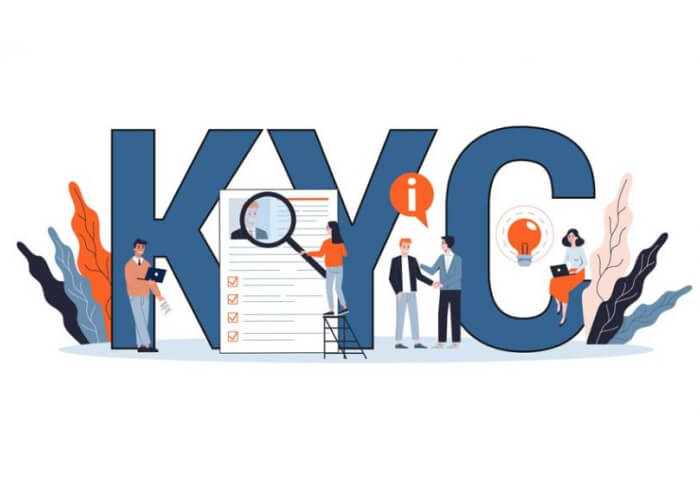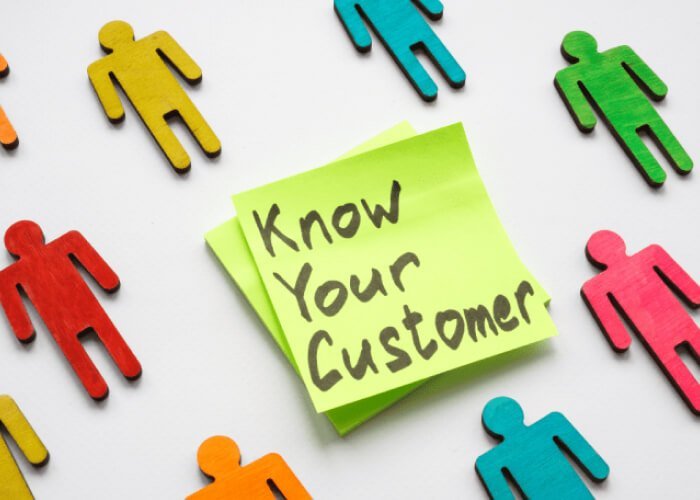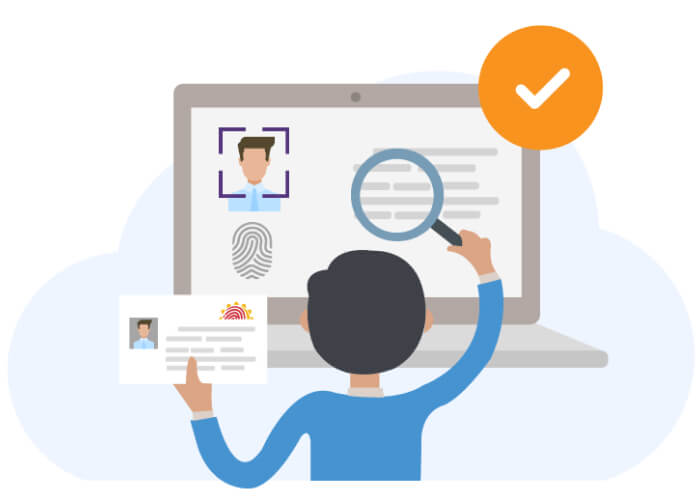What is KYC Verification and How Does it Work?
by Abdul Aziz Mondal Finance Published on: 10 November 2021 Last Updated on: 30 December 2024

KYC is an acronym that stands for Know Your Customer. It’s a process that banks, exchanges, and other institutions use to know the person they are doing business with. KYC verification helps institutions protect themselves from fraud, money laundering, terrorist financing, and other criminal activity.
KYC is important for institutions because it gives them the opportunity to enforce anti-money laundering (AML) policies. If you’re looking for a way to provide more security for your financial transactions, check here is how KYC verification can help.
What Is KYC Verification?

KYC verification is an institution’s policy to gather basic information about you when you open a new account. If you have an account at a certain institution, you may be able to open an account using only one of two pieces of identification: a Social Security number, or a Birth Certificate.
If you don’t provide one of these IDs, the institution will use another form of identification to verify your identity. For example, you may use your personal credit card to open the account, and they will know that you’re authorized to make purchases, or you may provide a driver’s license number to use the card.
The AML Policy
KYC verification protects you from criminals who could create accounts and deposit cash without your knowledge. Typically, the bank or broker creates an account for the person and verifies his identity before allowing him to open an account.
This is a requirement to allow an account to be opened, but institutions can decide how they’re going to handle it. If the institution decides to share the information with the customer’s primary institution, the customer will receive a number of identification documents, including a valid passport or driver’s license. When he makes a withdrawal from the account, he will be asked to show one of these documents.
How Does KYC Verification Work?

KYC verification is a process that is used by financial information to verify the identity of individuals who are involved with them. While you can do this on your own using your credit or debit card, you’ll need the support of a bank or exchange to conduct this process, which involves many steps.
Why Is KYC Important?
Some KYC is necessary for a bank to lend money to you. Other businesses will require you to verify your identity when you want to make a purchase or start a contract. The goal is to make sure you are who you say you are.
The term KYC can be used for all kinds of things that pertain to customers, including commercial, legislative, and academic use. People often use the term when referring to the process of looking up someone’s identity and confirming that they are who they say they are. In order to create or maintain a KYC profile, the individual or organization must have the appropriate information to complete the verification process.
In Summary
Protecting your financial information can be an enormous challenge. This has particularly become an issue as our personal information becomes even more deeply embedded into our technology, with each new device sending unique data back and forth to each other.
As such, want to use the least amount of effort to take the most care with your information possible to avoid any risk of getting your identity stolen. When using KYC verification, you can be sure that you will be protecting both your financial information and your personal information.
Read Also:



































































































